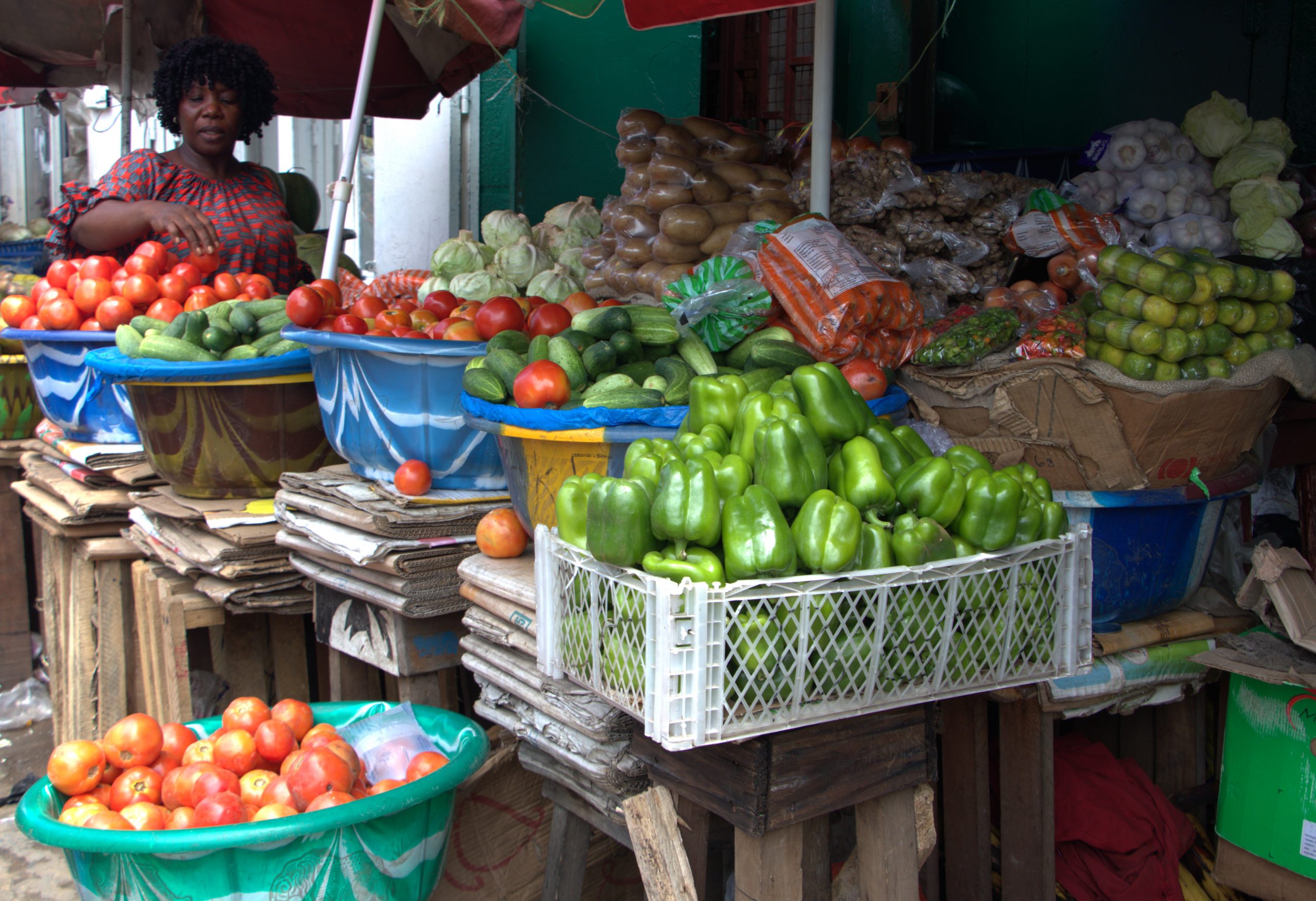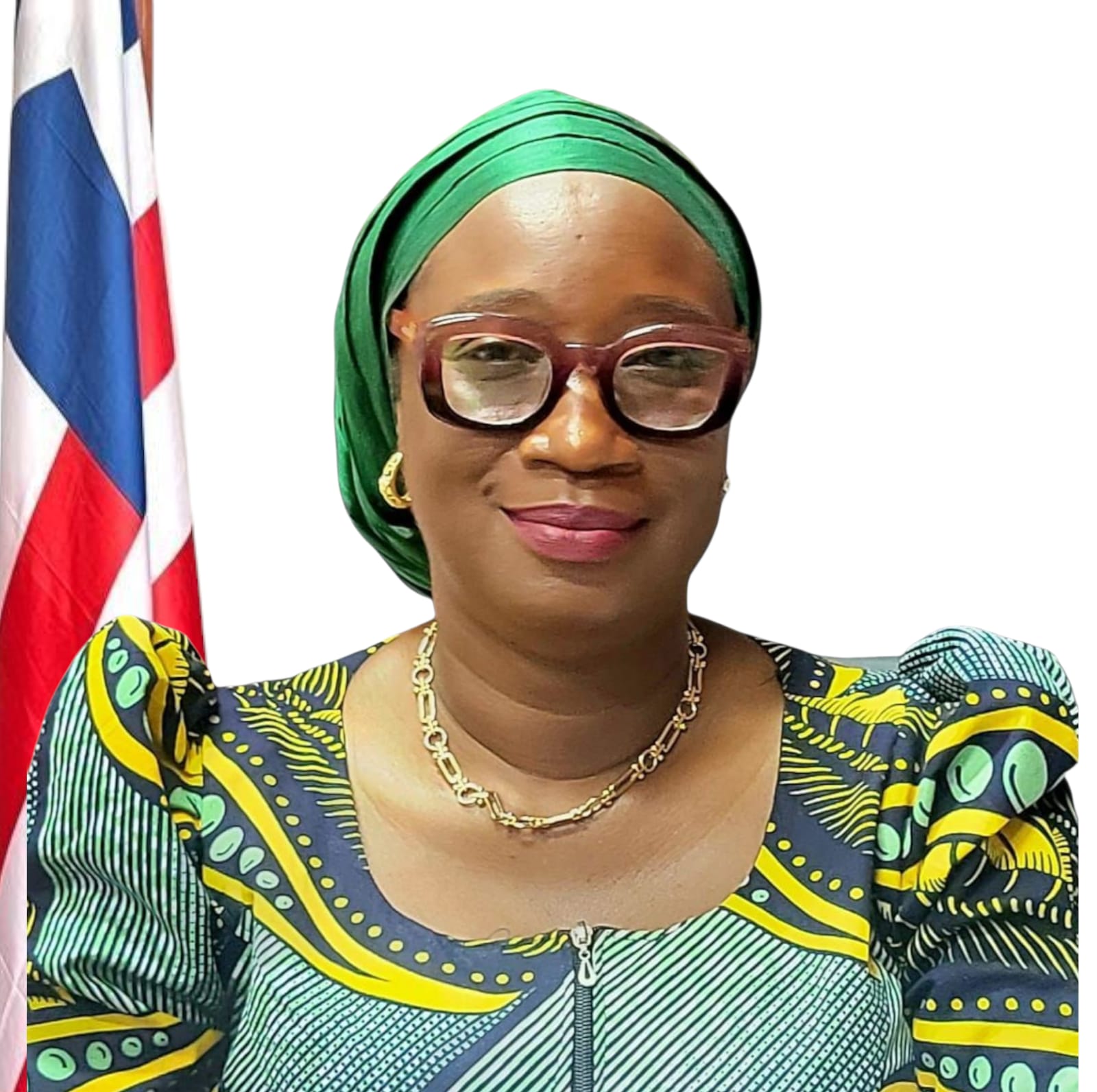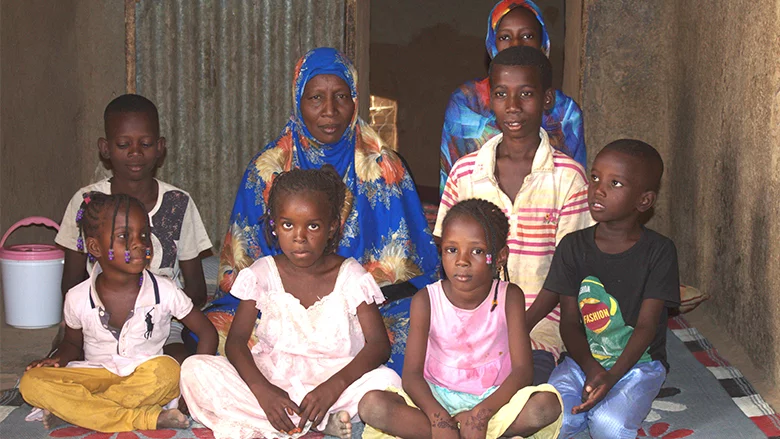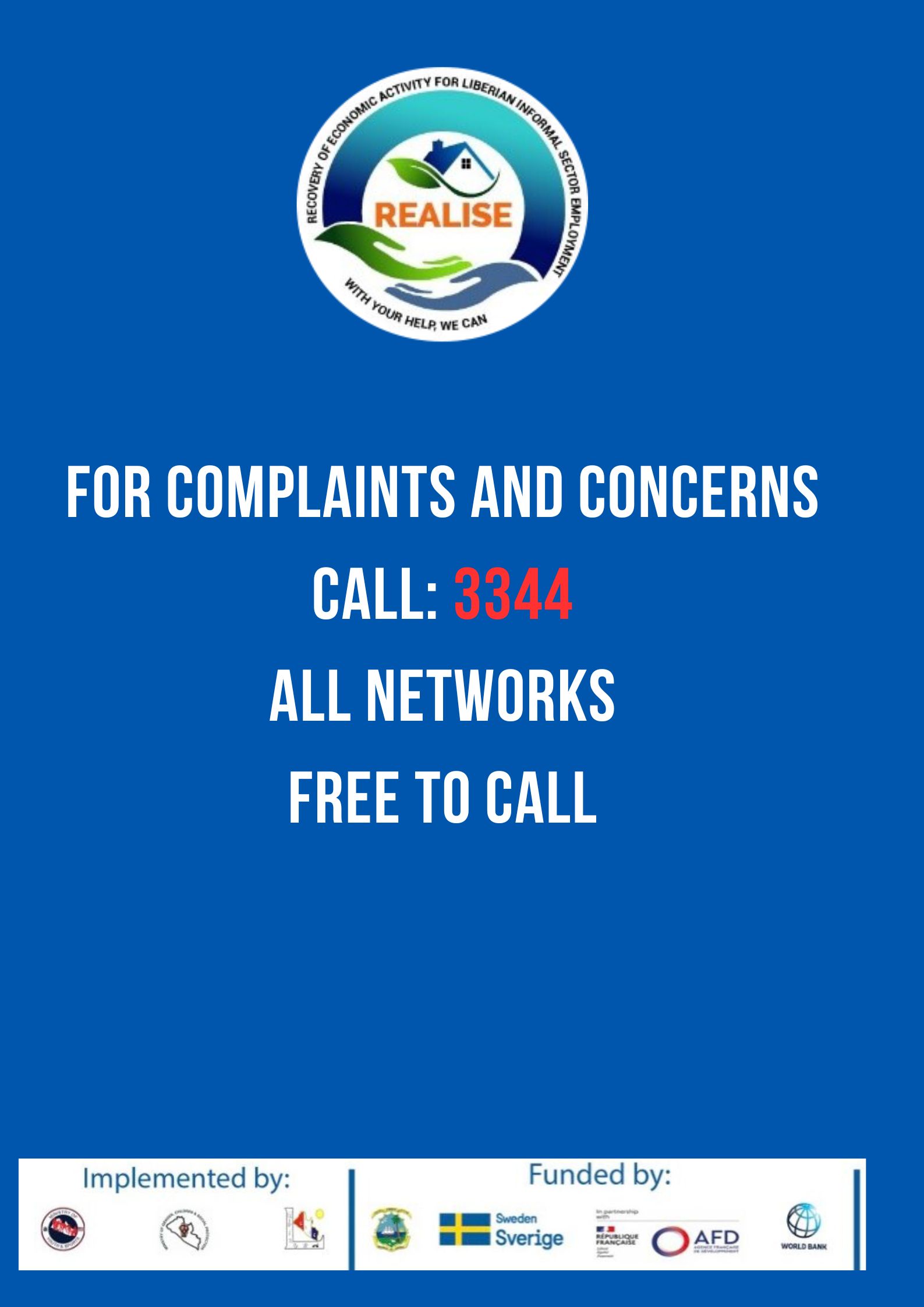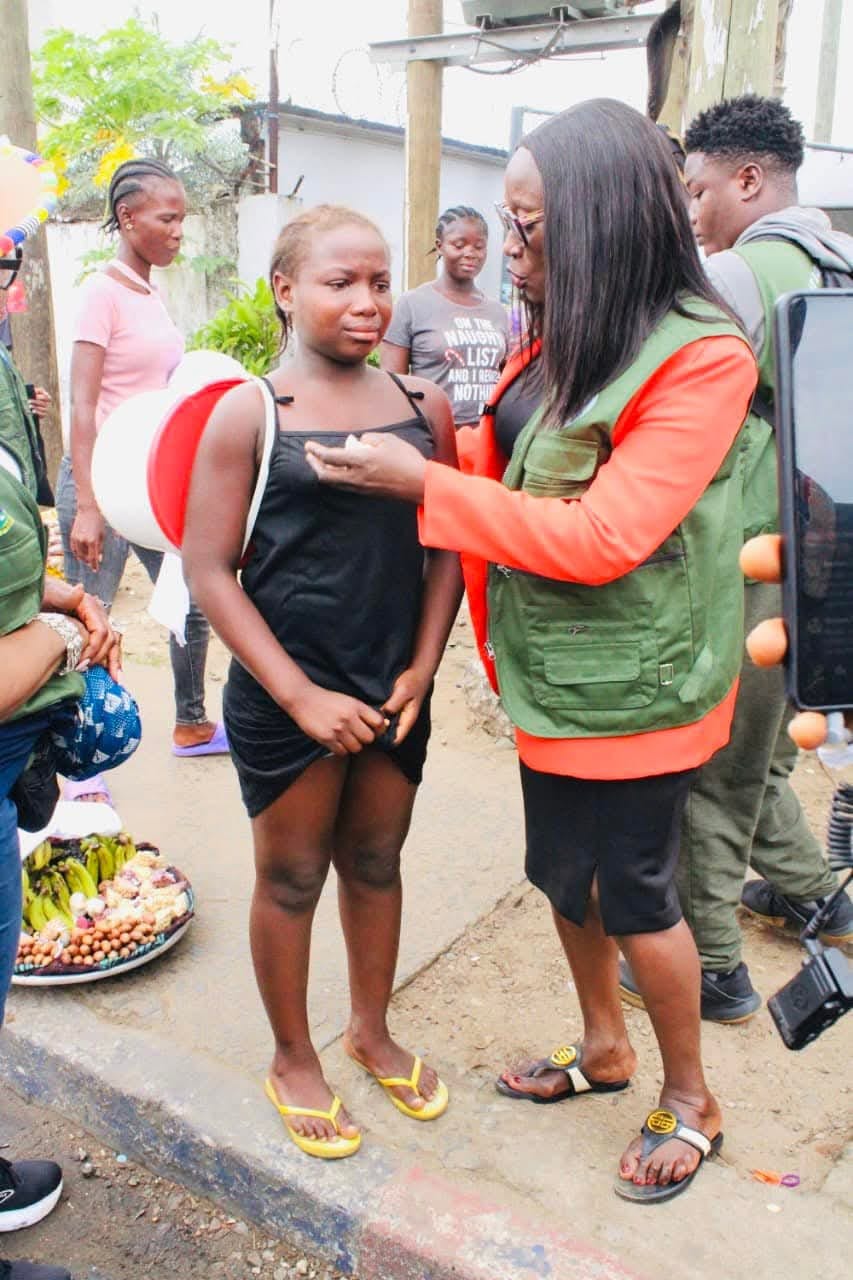The Daily Reality
Life in Monrovia is a challenging endeavour, where survival often feels like a game with three possible outcomes: win, lose, or draw. Many residents find themselves on the drawing board, eagerly awaiting their next opportunity to succeed in this struggle for existence.
James Labellie, a local entrepreneur operating informally in downtown Monrovia, shared, “I am currently on the drawing board, waiting for my next chance to improve my life through my small business.”
The informal sector has faced significant challenges, particularly due to the COVID-19 pandemic, which caused a decline in per capita GDP. However, reports from the World Bank in 2021 suggested that per capita GDP was projected to recover to pre-pandemic levels, instilling hope that 2024, following the elections, will bring better prospects. Many believe that 2023 was largely consumed by political matters rather than economic recovery.
For ordinary people, these numbers often feel irrelevant. Their primary concern is meeting daily survival targets through informal activities. The freedom to move about and secure their basic needs is what truly matters; a luxury that was severely restricted during the COVID outbreak in Liberia. Countless businesses, especially small and informal ones, faced dire consequences.
According to the London-based think tank World Economics, Liberia’s informal economy is estimated to comprise approximately 42.7% of the total economy, equivalent to about $6 billion at GDP Purchasing Power Parity levels.
Social Protection Context
In response to these pressing challenges, the government of Liberia and the World Bank launched the Recovery of Economic Activity for Liberian Informal Sector Employment (REALISE) project in 2021. This initiative aims to address the economic shocks caused by the pandemic.
REALISE was initially designed to benefit 19,000 individuals through two main components: Support to Small Businesses and Labor-Intensive Public Works. These components provided grants to small businesses in Greater Monrovia and create temporary job opportunities.
In 2023, an additional financing agreement was established to expand the project to 14 of Liberia’s 15 counties, targeting a total of 53,650 beneficiaries across four operational components. REALISE has now emerged as Liberia’s leading social protection initiative, aimed at mitigating the effects of COVID-19 as well as the global food and fuel crises.
The project is currently providing unconditional cash transfers to 16,000 beneficiaries in Grand Bassa, Rivercess, River Gee, and Grand Kru Counties. Additionally, 17,000 households in the informal sector are receiving temporary jobs and skills training in Montserrado and Margibi Counties, while 4,450 informal businesses in Margibi and Montserrado Counties are also benefitting. Furthermore, REALISE will recruit 16,200 beneficiaries in eight rural counties to engage in communal farming and support local projects.
These interventions are making a transformative impact within the informal sector. The government is utilizing the Liberia Household Social Registry as a key tool for targeting and identifying those in need of support.
Testimonies
“I did not initially know anything about the project, but I participated in the selection process through a lottery in my community. I was fortunate to win and attended the training,” said Amelia, a beneficiary of the Support to Small Businesses component. This component aims to provide opportunities for 4,450 vulnerable households in the informal sector to recover their livelihoods that have been threatened by various shocks. It offers grants and technical assistance to help scale existing businesses and launch new ones, thereby enhancing livelihood opportunities.
In Lofa County, located in northern Liberia, beneficiaries have already begun harvesting crops this season. These harvests will create valuable opportunities for residents to generate the income needed to further communal initiatives, in addition to development funds provided by the project. “We are thrilled about the arrival of the REALISE Project in our community (Weinsue Town, Bong County). At least some of our people will have income-earning opportunities, enabling them to support their families,” stated former Jorquelleh District Commissioner Jonathan.
For participants in the Cash Transfer Program, the benefits have been life-changing. Ophelia, for instance, has successfully started a food business in her village as a result of the intervention. “I have begun selling food in my village. This will help me multiply the money I receive from the REALISE Project. I am excited about this opportunity,” she shared.
These stories highlight the profound impact that the REALISE project is having on the lives of individuals and families within Liberia’s informal economy, fostering hope and resilience in a time of need.
This article was written by
Henry M. Sumo, Jr
Communications Officer
REALISE Project

